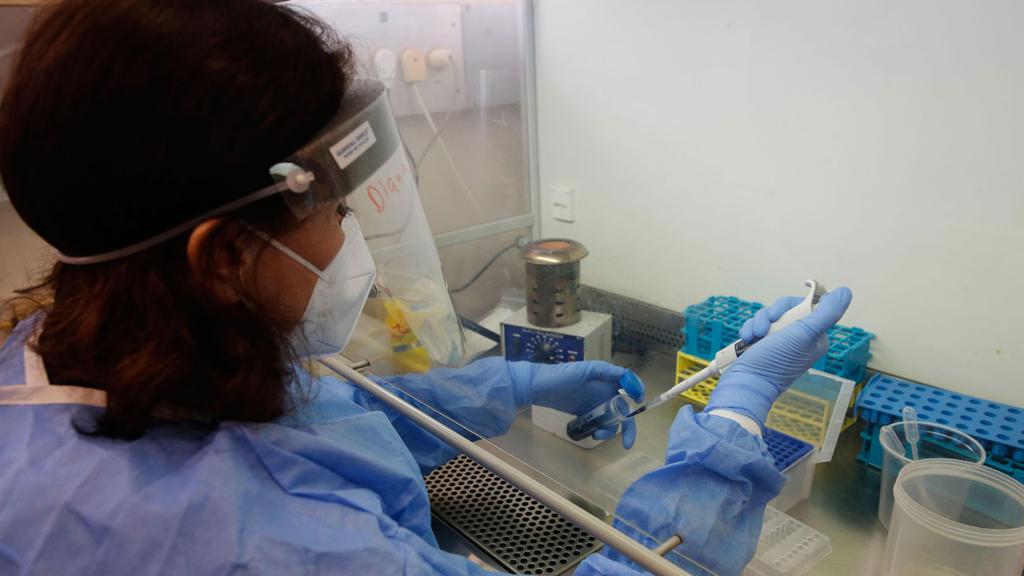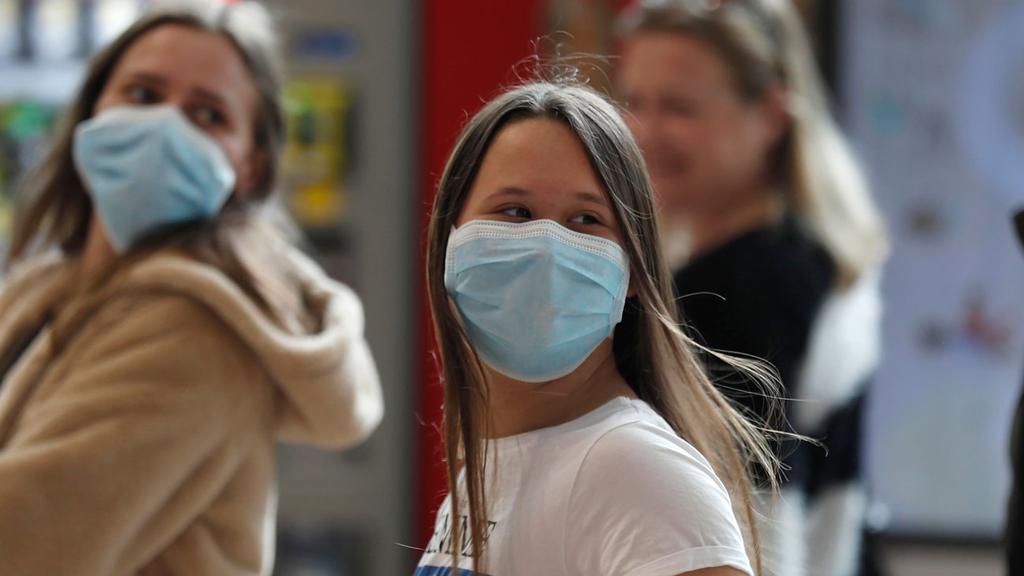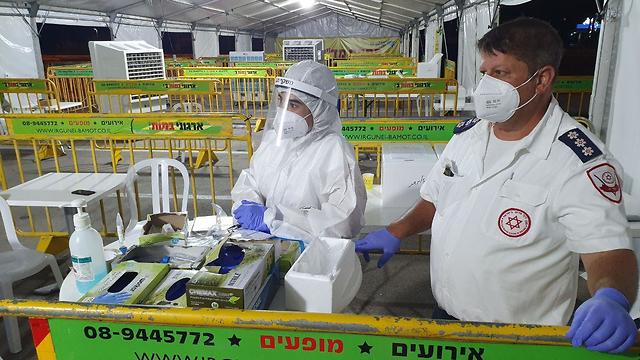Getting your Trinity Audio player ready...
When the coronavirus pandemic first erupted in Israel, the country handled the crisis better than many other states with similar population size.
The fatality rate remained relatively low, which could be attributed to the quick mitigation steps taken by the government and to the public's compliance with Health Ministry's directives.
Now, we need to start preparing for what looks to be a challenging winter. Without preparation, Israel may have to reimpose a complete lockdown in order to control the spread of COVID-19.
Israelis will have to learn to live with the virus for the coming months (if not years) because the vast majority of the population has not been exposed to the pathogen and no effective vaccine has been developed.
We all remain hopeful that a vaccine, which would prevent complications and deaths related to coronavirus, will be developed soon but it will not prevent people from getting infected altogether.
Unlike the first wave of the virus, the pandemic is now prevalent in many parts of the country. The number of patients needing hospitalization, however, can still be contained if mitigation efforts are taken seriously - namely social distancing, wearing of face masks and ensuring hygiene.
We would undoubtedly experience local outbreaks, but they could be controlled by locating those infected by COVID-19 and tracing their movements, increase the number of tests conducted and impose "breathable" lockdowns on virus hotspots.
In the meantime, the contagion rate remains low despite the fact most of the economy has already reopened, and Israel must use this time to prepare for the upcoming winter, which is set to be difficult due not only coronavirus but seasonal flu as well.
There are more than 1 million Israelis who come down with the flu each year. Their symptoms mirror in part those of COVID-19, which will prompt many people to assume they have been infected with coronavirus during the coming winter.
Testing for COVID-19 is only 70% accurate with false-negative results high, so anyone presenting with symptoms would be required to quarantine, thus adding a burden to the already shrinking economy.
In order to avoid misdiagnoses, testing and tracing will have to increase considerably, and the time required for results would have to be cut down to a minimum so that cases of COVID-19 could be detected quickly to swiftly conduct epidemiological investigations.
It is not inconceivable that schools might be shuttered over the winter months if they become sources of infection. Workplaces, business might also be closed, and entire geographical hotspots could be put under partial lockdowns for a few weeks in the midst of winter. Widespread awareness campaign must also be launched.
The months of December to March, typically the height of the flu season, set to be the most challenging for hospitals that must now increase their staffing in ICU units and internal medicine wards. There is already a notable shortage of trained personnel able to administer care to seriously ill patients with respiratory infections.
To put it in military terms, we are right after the Six-War War and must do our utmost to avoid the Yom Kippur War.
Eyal Leshem, MD, is the director of the Center for Travel Medicine and Tropical Diseases, Sheba Medical Center at Tel HaShomer




